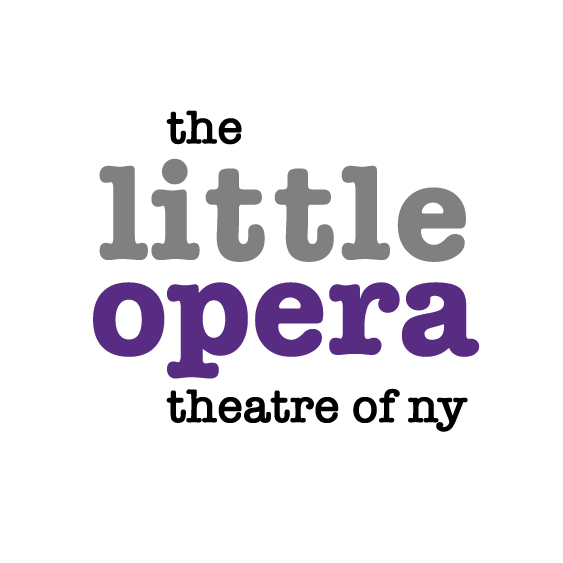the little OPERA theatre of ny was inspired by the original work of the English Opera Group in the UK, and the Provincetown Players in the US. The latter group was part of the "little theatre" movement of the 1920s and directly led to the little OPERA theatre of ny's name. Both organizations chose to work in their respective disciplines on a smaller scale, as they felt it led to closer creative collaboration between the various artists, musicians, designers, actors, and writers. Larger scale projects, in particular opera, tend to reinforce an environment where different departments create their contribution in isolation from the other disciplines.
Standing onstage at the Jubilee Hall in Aldeburgh, the stage for early performances and premieres by the English Opera Group, singers would have shared the same breathing room as the audience and the orchestra. The vast gulf that a large orchestra pit and grand proscenium create does not exist. Being that close to the performers brought opera closer to its origins in Italy where the performances took place in private homes. Opera began as an intimate gathering of musicians unified in storytelling through music, and the English Opera Group helped to return opera to those roots. the little OPERA theatre of ny strives to continue that mission.
Similarly, the freedom of Greenwich Village in the early part of the twentieth century, and the "Little Theatre" movement of that period led to the formation of the Provincetown Players. This group was a home for new writing, acting, and the assimilation of visual ideas and experiments from the fine arts. The Provincetown Players believed this was the best way to generate new and original works for the American stage. The intimate scale also helped foster a sense of community between the audience and the performers, comparable to performances in the Jubilee Hall. the little OPERA theatre of ny has worked with visual artists and continues to draw inspiration from the art world to reanimate the presentation of opera.
The words "little" and "opera" do not often go together. Thinking about a different scale of opera as a way to make the art form more approachable to a new public, and at the same time challenge experienced operagoers and performers to think differently about something which they care passionately about is central to the little OPERA theatre of ny.
